May 22, 2025 | 11:23 GMT +7
May 22, 2025 | 11:23 GMT +7
Hotline: 0913.378.918
May 22, 2025 | 11:23 GMT +7
Hotline: 0913.378.918
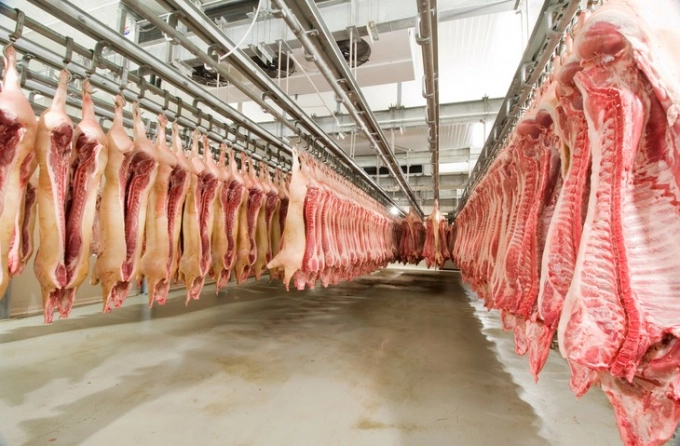
Pork imports into China will drop in the last months of the year. Photo: TL.
According to data from the China Customs Administration, in the first 6 months of 2021, pork imports into China reached 2.3 million tons, which is worth US$6.58 billion, up by 8.5% in volume and 7.7% in value over the same period in 2020, constisting of imports mainly from Spain, Brazil, the United States, Denmark, Canada...
Spain is the largest pork supplier to China in the first 6 months of 2021, accounting for 32.2% of the total value of China's imported pork; Brazil comes second, accounting for 12.9%.
The data shows that the growth rate of China's meat imports is coming to a halt. The market analysis report of Rabobank, the US Department of Agriculture as well as the assessment of the pork market outlook by the AHDB, along with China's goal of 95% self-sufficiency in pork shows that China pork import capacity will slow down in 2021.
It is expected that in the last months of 2021, China may reduce pork imports because the domestic price of pork is lower than that of imported ones.
China is facing a crisis of excess pork since the beginning of 2021 due to excessive slaughtering and the weight of slaughtered pigs is 2-3 times higher than normal.
In the first six months of 2021, China's pork production increased by 36% year-on-year to about 27 million tons. The country's pig herd at the end of June 2021 increased by 30% year-on-year, reaching 439 million pigs.
Slaughter output in China reached 337.42 million pigs, up by 34.4% year-on-year. The sharp increase in production has put pressure on pork prices in China, causing huge losses for pig farmers.
China's National Development and Reform Commission (NDRC) intervened by buying large quantities of pork to prevent prices from falling further. The NDRC said it will enhance the role of national pork reserves in stabilizing pork output and prices.
Accordingly, a temporary additional reserve will be established to help the Chinese Government in regulating pork prices, by purchasing when the price is too low and selling when the supply of meat is tighten.
Translated by Nguyen Hai Long
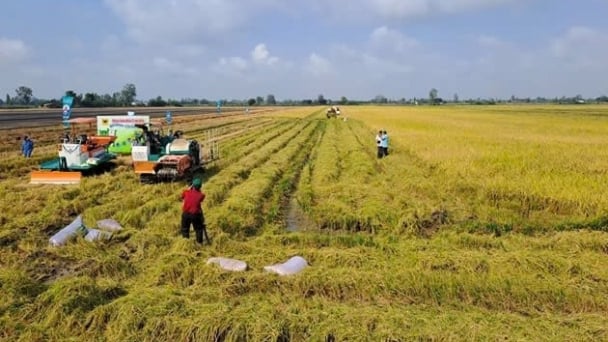
(VAN) To operate carbon market, one of the key issues is determining which types of 'commodities' meet the standards to be traded on the market.
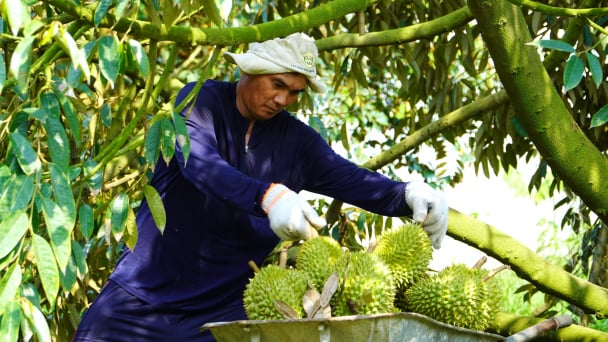
(VAN) Durian-producing localities need to coordinate more effectively with central authorities to improve the traceability, monitoring, and response systems in case of violations.
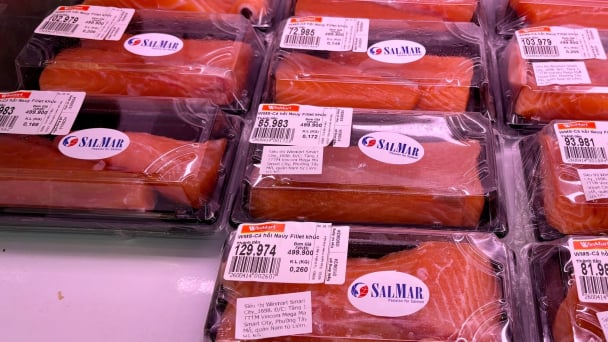
By minimizing waste, embracing modern technology, and expanding into niche markets, SalMar - the second largest producer of Atlantic salmon in the world has built a successful strategy to conquer the global market.

(VAN) One of the key factors for businesses to effectively take advantage of tariff preferences under these FTAs is the rules of origin.
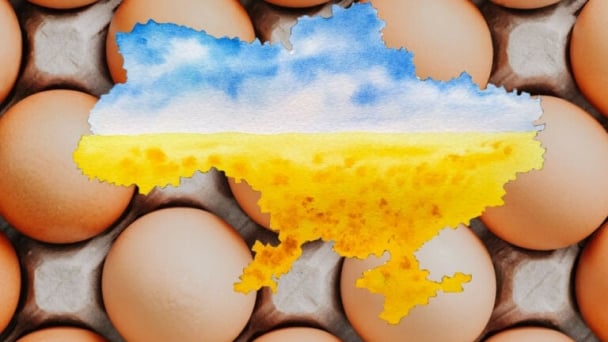
(VAN) Oliyar, a prominent Ukrainian oil and fat manufacturer, has revealed plans to build a farm for 2.3 million laying hens in the Lviv region. The additional production quantities promise to change the competitive landscape of the egg market of the Eastern Europe region.

(VAN) On May 15, Ministry of Agriculture and Environment of Vietnam hosted the 'Connecting Vietnam - Germany agricultural, forestry and fishery trade' seminar in Berlin, Germany.

(VAN) In the face of counterfeit and imitation products, Khanh Hoa Salanganes Nest Company hopes for the prompt completion of the legal framework, strict enforcement against violations, and protection of the bird’s nest brand.